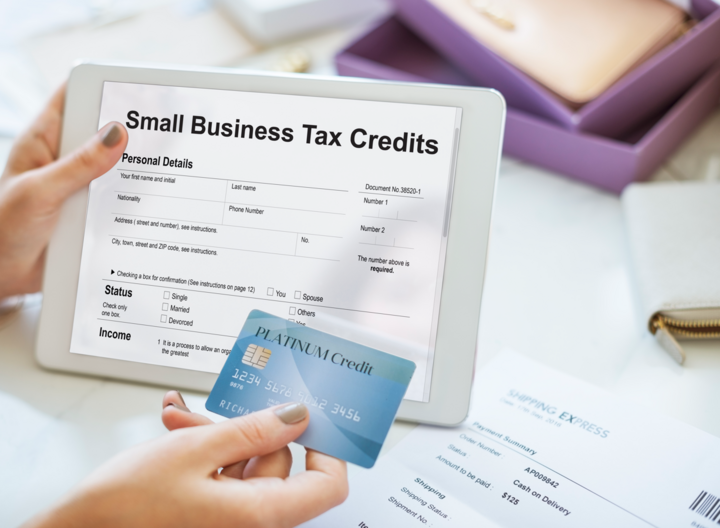By Ari Page
It’s beginning to look a lot like … people are happier shopping online during Cyber Monday than fighting the lines during Black Friday (and the entire weekend thereafter).
Statistics show this year’s Cyber Monday sales were up 20.6% over the same “online holiday” last year. But along with more online sales comes the downside, more identity theft.
Think about it. During the holidays, most of us shop more often, use our credit and debit cards more often, and are generally around more people meaning to do our bank accounts harm via pick-pocketing, scamming, hacking or some other unsavory activity.
Identity theft is costly in a number of ways – not just the immediate loss of money. It also has a negative effect on your credit. This can cost you the ability to make a major purchase like a home or a car. It can even cost you a job if the potential new employer checks your credit report.
While nothing is foolproof (just ask Todd Davis, the CEO of the identity theft prevention company, LifeLock, who recently had his own identity stolen), there are some things you can do to greatly reduce the chances of becoming a victim.
- Be vigilant about what sites you decided to do business with. Most of us get bombarded with a sea of Internet store ads, and this is what the ne’er-do-wells are counting on. They piggyback off these ads with some of their own, impersonating the real McCoy. Or you might get a fake PayPal email, asking you to confirm a purchase you didn’t make – by entering your username and password on a fake PayPal page. This is a practice known as “phishing,” in which the scammers take the data they have collected and infect your computer with malware, or direct you to the websites they want you to see, or worse.
- Look closely at the URL of the sender. If the web address doesn’t seem to make sense or look as if it doesn’t correspond to the company, avoid it! Also avoid any site that wants you to directly respond to an e-mail (vs. to first navigate to their site).
- Also beware of hyperlinks. You can hover over them and the web address should appear somewhere on your screen. If it doesn’t seem like it belongs, avoid it. If you still aren’t sure, but want to shop at a particular store, type the store’s Internet address into your browser and find them that way.
- Next, it’s a good idea to designate one card for shopping and nothing else. That way if your card is stolen, you’ll only have to replace the one card rather than all of them.
- Experts also recommend using a credit card rather than a debit card, because you will be legally responsible for a smaller amount of the charges. Why? Because the stolen money is considered the bank’s, not yours. However, if you use a debit card the money is yours – because it’s coming directly from your checking account.
Approximately 10 million people are victims of identity theft every year. While there are many more proactive things you can do to protect your identity, simple awareness and commonsense should be enough for most of us.
Popular Posts
Instantly Pre-Qualify
Want Actionable Information, Tools and Resources To Quickly Acquire Business Capital, Credit and Funding?
I take tremendous pride in building positive and lasting relationships in my businesses and personal life. Every member of my team is committed to helping our clients get the maximum amount of funding possible and achieve their highest growth potential.



 Share
Share









